І. За работата през семестъра
Четене и коментар на избрани места от речите на Дион от Пруса (Хризостом). Задачата на коментара е да обърне внимание на литературния и исторически контекст на написаното от Дион.
II. Превод на части от речта
Смятаме, че първи извор на човешкото мнение и понятие (hypolepsis) за божественото е вродената на всички хора мислена представа (epinoia), която възниква от самата действителност и от истината (ex auton ton ergon kai tou alethous); тя не е възникнала по някакво заблуждение, нито как да е, но е силна и вечна, започнала e и e устойчиво пребиваваща (diamenousa) от началото на времето и при всички народи. Тя е по някакъв начин обща и е достояние на [целия] род на разумните същества (demosian tou logikou genous)(39).
ІІI. Бележки и коментари
Dio Cocceianus Chrysostomus, ca. 40–ca. 120 CE, of Prusa in Bithynia, Asia Minor, inherited with his brothers large properties and debts from his generous father Pasicrates. He became a skilled rhetorician hostile to philosophers. But in the course of his travels he went to Rome in Vespasian's reign (69–79) and was converted to Stoicism. Strongly critical of the emperor Domitian (81–96) he was about 82 banned by him from Italy and Bithynia and wandered in poverty, especially in lands north of the Aegean, as far as the Danube and the primitive Getae. In 97 he spoke publicly to Greeks assembled at Olympia, was welcomed at Rome by emperor Nerva (96–98), and returned to Prusa. Arriving again at Rome on an embassy of thanks about 98–99 he became a firm friend of emperor Trajan. In 102 he travelled to Alexandria and elsewhere. Involved in a lawsuit about plans to beautify Prusa at his own expense, he stated his case before the governor of Bithynia, Pliny the Younger, 111–112. The rest of his life is unknown.
Nearly all of Dio's extant Discourses (or Orations) reflect political concerns (the most important of them dealing with affairs in Bithynia and affording valuable details about conditions in Asia Minor) or moral questions (mostly written in later life; they contain much of his best writing). Some philosophical and historical works, including one on the Getae, are lost. What survives of his achievement as a whole makes him prominent in the revival of Greek literature in the last part of the first century and the first part of the second.
***
The Olympic Discourse was delivered by Dio at Olympia in the year A.D.В 97 before a large audience of Greeks which had come to the city to witness the games, and in sight of the famous statue of Zeus which had been made by Pheidias, the greatest of Greek sculptors, more than five centuries before.
After his introductory remarks, in which he tells us that he has just returned from the Danube, where the Roman army under Trajan was about to begin the Second Dacian War, he raises the question as to whether he shall tell his hearers about the land of the Dacians and the impending war, or take a subject suggested by the god in whose presence they stood. He chooses the latter and, after explaining that a conception of the nature of the gods, and especially of the highest one, is innate in all mankind, and that this innate conception and belief is strengthened by men's experiences and observations in the world about them, Dio gives a classification of the way in which a conception of and a belief in their existence are implanted in the minds of men. In section 39 he makes a classification into notions innate and notions acquired. Then in section 44 and following he subdivides the acquired notions into (1) the voluntary and hortatory, given by the poets, (2) the compulsory and prescriptive, given by the lawgivers, (3)В those given by the painters and sculptors, and (4) the notions and concepts as set forth and expounded by the philosophers. He is careful, however, to point out that the poets, lawgivers, and sculptors and others would have no influence whatever if it were not for that primary and innate notion.
After this the speaker proceeds to what is the most important part of his address, in which he offers a great wealth of apparently original ideas as to what is the field and function of the plastic arts and what are their limitations. He puts his thoughts on this subject into the mouth of Pheidias, who takes the specific case of his own great statue of Zeus and attempts to show that he has used all the resources of the sculptor's art in producing a worthy statue of the greatest of the gods. Pheidias in the course of his exposition says among other things that he took his conception of Zeus from Homer, and he makes a detailed comparison between the respective capacities of poetry and sculpture to portray and represent, to the decided advantage of poetry.
No ancient writer up to Dio's time, whose works are extant, has given us such a full treatment of the subject. The others, such as Plutarch, make just a passing reference to the plastic arts. Certainly no one of them has made such a detailed comparison between them and poetry. Not until we come to Flavius Josephus do we find such a treatment of the subject, and Dio by many centuries anticipated the most important principles upon which the theory of Lessing's Laokoоn is based...
(J.W. Cohoon)
Библиография:
Dio Chrysostom. The Loeb Classical Library edition in five volumes. Translator J. W. Cohoon. HUP, Heinemann, 1939-1961.
About the Latin Academy in the Vatican
13 years ago
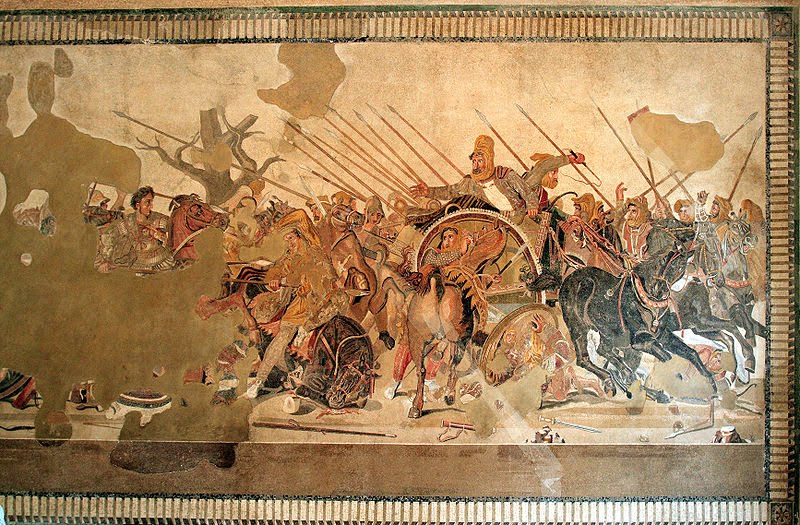
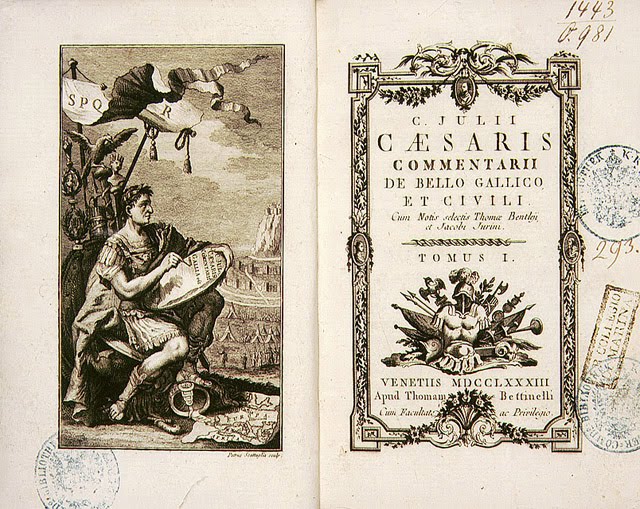
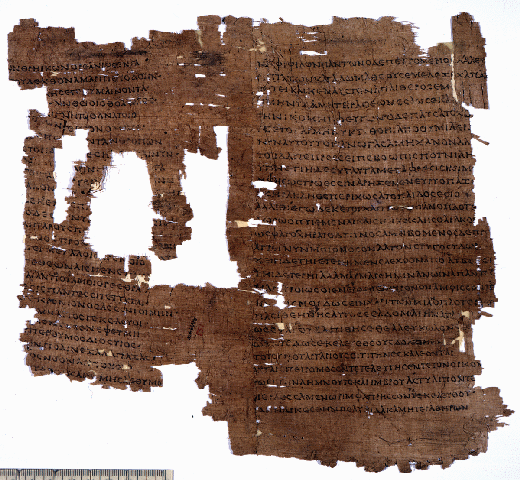
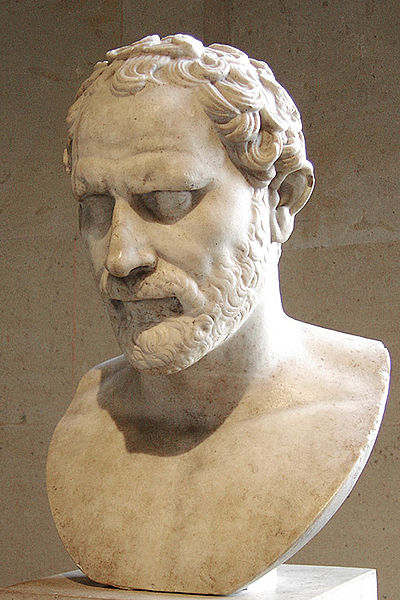


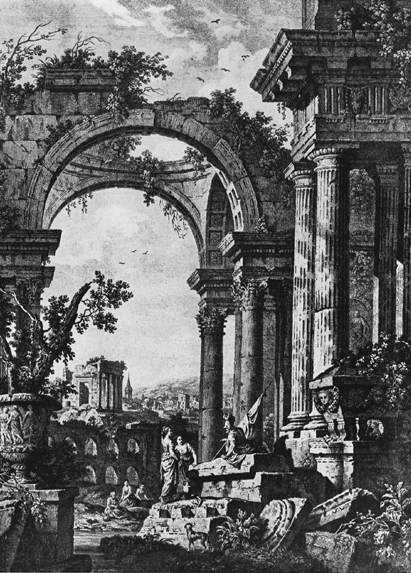


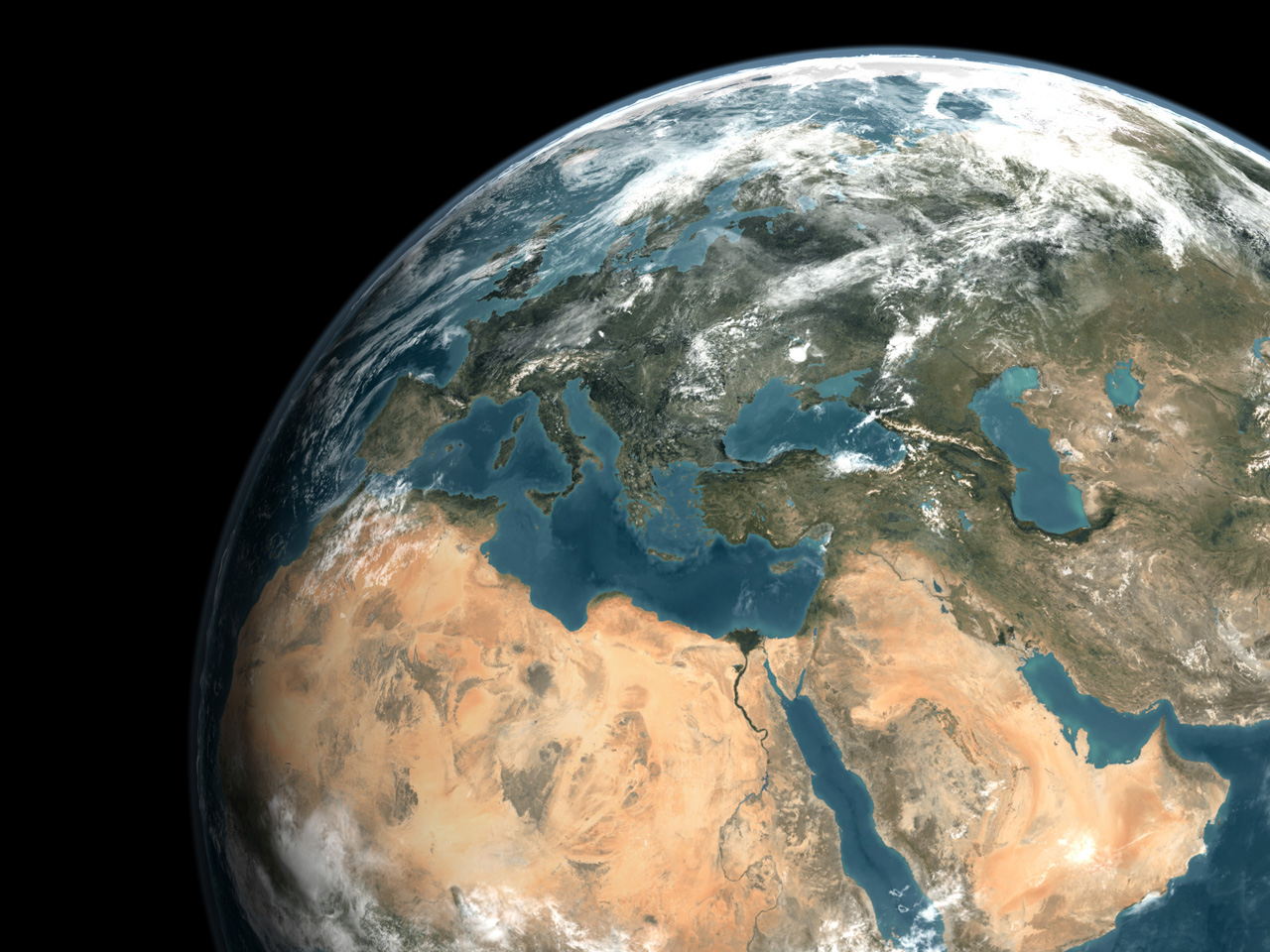

No comments:
Post a Comment